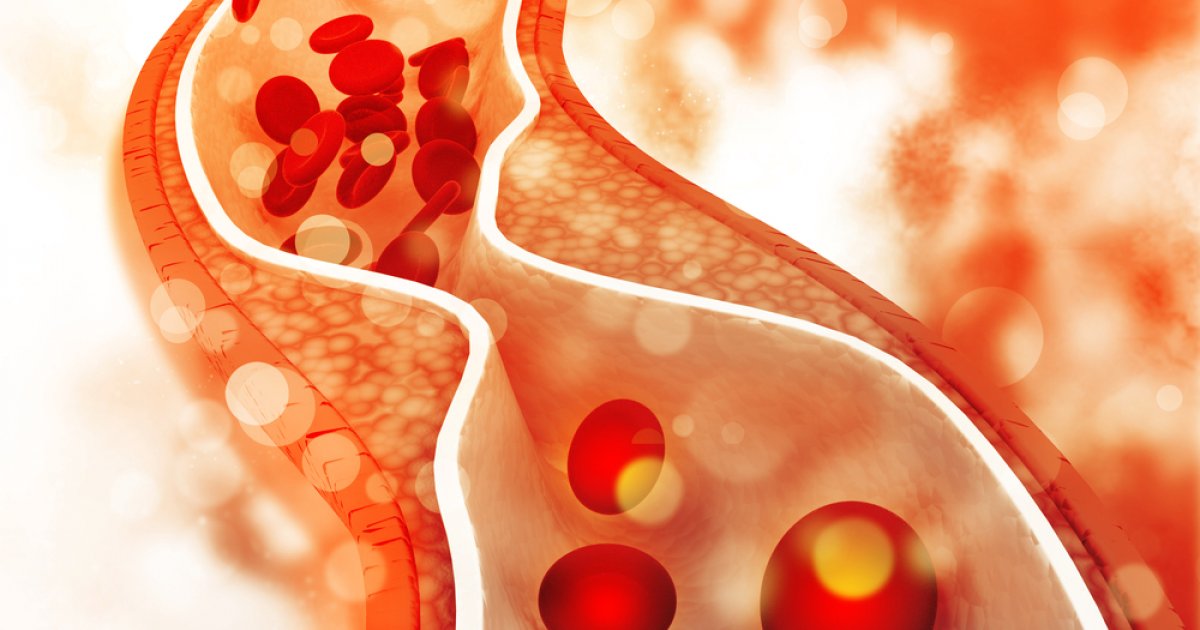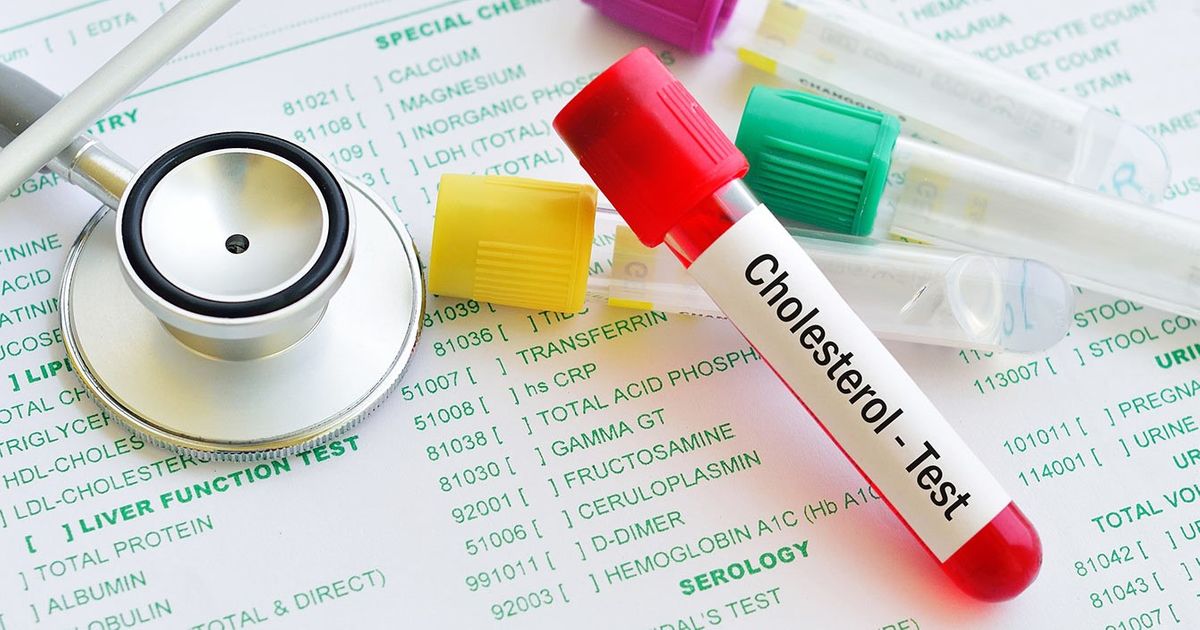Guide To Understanding Cholesterol And What Causes Levels To Rise
Cholesterol, which is found in the blood, is a waxy substance the body needs to build healthy cells. However, high cholesterol can increase an individual's risk of health conditions like heart disease. Thus, it is important for individuals to maintain a healthy level of cholesterol in their blood. This starts with understanding not only what cholesterol is, particularly what differentiates the types of cholesterol from one another, but also what causes high cholesterol. This basis is crucial in ensuring individuals can receive appropriate treatment and practice the right lifestyle habits to manage their cholesterol effectively.
With this in mind, get the details on cholesterol now.
LDL Cholesterol: The "Bad" Kind

Low-density lipoprotein (LDL) cholesterol is considered the 'bad' type of cholesterol. This is the kind of cholesterol that creates a hard inner lining in the arteries, which will eventually cause them to become blocked and clogged. Specifically, this form of lipoprotein, or fat, collects in the walls of the blood vessels, where it causes blockages. Higher levels of low-density lipoprotein cholesterol increase an individual's risk of suffering a heart attack due to a sudden blood clot that can form in the arteries. When the lining of the arteries hardens, it is called atherosclerosis, and if left untreated, atherosclerosis can result in a heart attack or stroke, which can be fatal.
HDL Cholesterol: The "Good" Kind

High-density lipoprotein (HDL) cholesterol is considered 'good' cholesterol, as it is very dense in comparison with other cholesterol molecules. Specifically, HDL molecules are considered good for the body, as it travels the bloodstream removing harmful low-density lipoprotein cholesterol molecules where it does not belong. High-density lipoprotein cholesterol is also considered 'good' due to the fact it is an essential fat that provides stability to every cell within the body. High HDL cholesterol within the body reduces the risk of a patient suffering a heart attack, stroke, or developing heart disease, but low levels of this cholesterol increase the risk.
